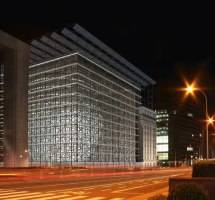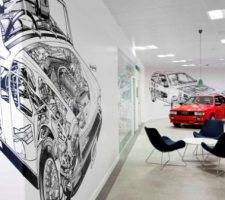March 1, 2015
The latest issue of the weekly Insight is now available to view online
 In this week’s issue; A new study from IBM challenges some of the most commonly held myths about Generation Y and lays down a few uncomfortable truths for employers; Our regular columnist Simon Heath likes this year’s shortlisted Design Awards entries, but not the way they are described; the Government sets out to define what makes a good public sector property design and management specialist; a call for greater understanding of how more women could develop and stick with STEM careers; some good news about fit notes workplace absence; the Green Building Council challenges developers to take a lead in environmental property; and the latest moves to shift London’s traffic, cyclists and pedestrians to new underground routes. Sign up to for weekly updates via the subscription form in the right hand sidebar and follow us on Twitter and join our LinkedIn Group to discuss these and other stories.
In this week’s issue; A new study from IBM challenges some of the most commonly held myths about Generation Y and lays down a few uncomfortable truths for employers; Our regular columnist Simon Heath likes this year’s shortlisted Design Awards entries, but not the way they are described; the Government sets out to define what makes a good public sector property design and management specialist; a call for greater understanding of how more women could develop and stick with STEM careers; some good news about fit notes workplace absence; the Green Building Council challenges developers to take a lead in environmental property; and the latest moves to shift London’s traffic, cyclists and pedestrians to new underground routes. Sign up to for weekly updates via the subscription form in the right hand sidebar and follow us on Twitter and join our LinkedIn Group to discuss these and other stories.





















December 3, 2014
Focus on the wellbeing of the occupants of the office, not that of the building
by Maciej Markowski • Comment, Facilities management, Wellbeing, Workplace
(more…)